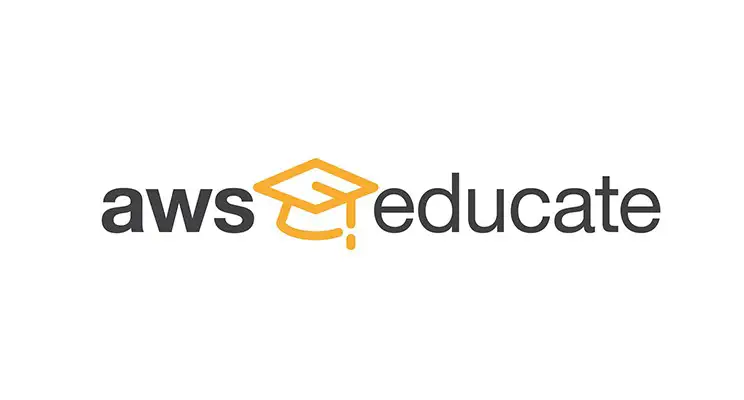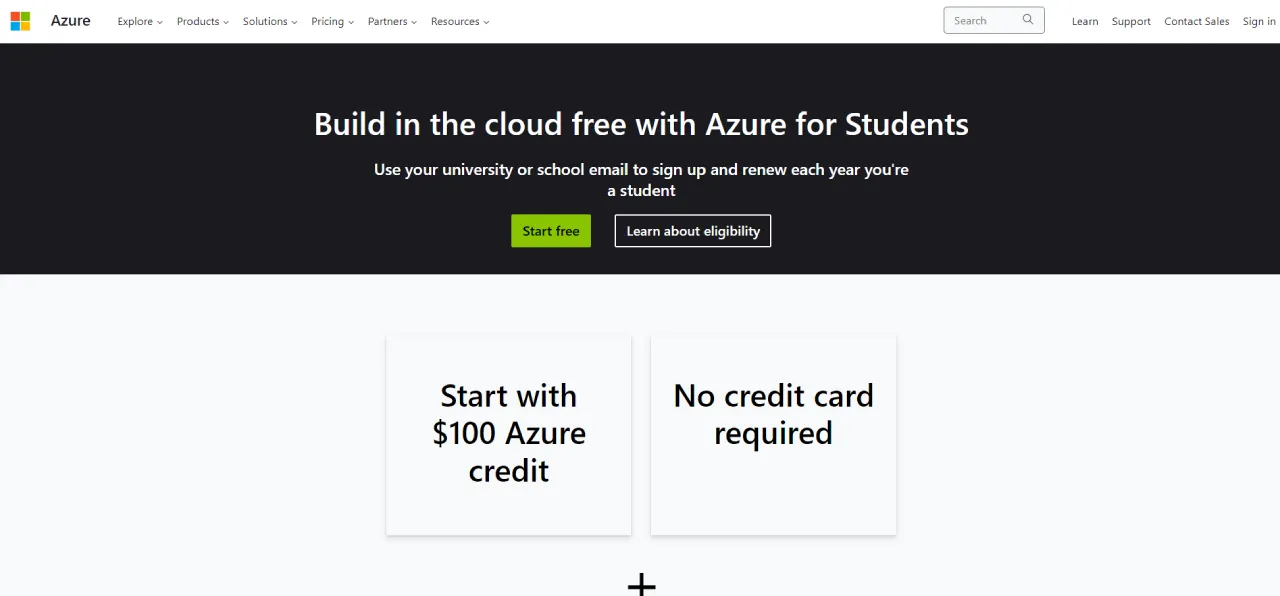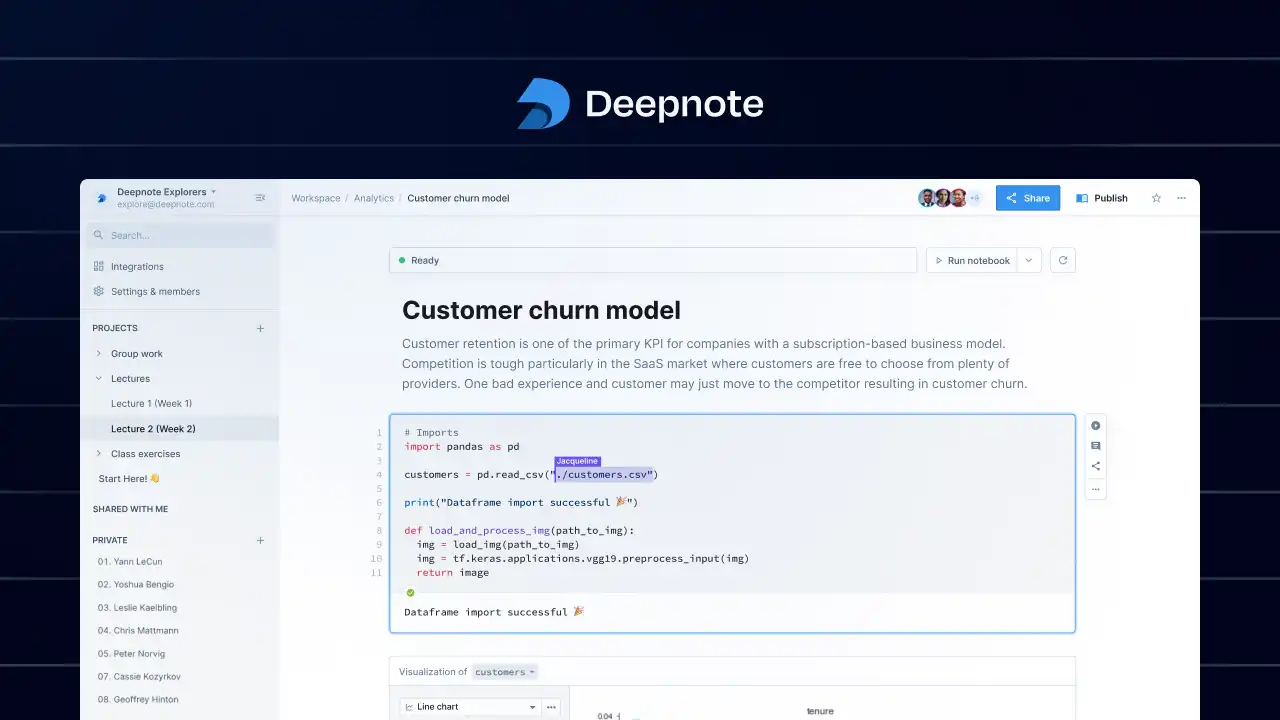table of contents
- Introduction
- What is a VPS (Virtual Private Server)?
- Why Do Students Need VPS?
- Benefits of Using VPS for Students
- How to Choose the Best and Free VPS for Students in 2023
- Top 5 Free VPS Providers for Students
- Free Forever VPS Providers
- Setting Up Your Free VPS
- Tips for Maximizing Your VPS Experience
- Frequently Asked Questions (FAQs)
- Conclusion
Introduction
Students pursuing various fields of study often find themselves in need of a reliable and cost-effective Virtual Private Server (VPS). This article will guide you through the world of VPS, explaining why students require them and how to select the best free VPS providers in 2023.
What is a VPS (Virtual Private Server)?
A virtual private server is a server that runs inside a bigger physical server. It runs on its own and gives users access to dedicated resources like CPU, RAM, and storage. This autonomy allows students to install and run software, host websites, and experiment with various applications without the need for physical hardware.
Why Do Students Need VPS?
Students often require VPS for several reasons:
- Cost-Effective Learning: VPS services offer a cost-effective way to access computing power, eliminating the need to invest in expensive hardware.
- Enhanced Security: VPS environments are isolated from one another, providing a secure environment for students to practice and develop their skills without compromising their data.
- Versatile Software Development: VPS allows students to develop and test software applications, websites, and other digital projects in a controlled environment.
Benefits of Using VPS for Students
Cost-Effective Learning
One of the primary benefits of using a VPS is the cost savings it offers to students. Traditional hardware-based servers can be expensive to purchase and maintain, making them less accessible for students on a budget. With a free or low-cost VPS, students can access computing resources without breaking the bank.
Enhanced Security
Security is a top priority for students, especially when handling sensitive data or experimenting with software. VPS providers typically implement robust security measures, ensuring that each student's environment is isolated and protected from external threats.
Versatile Software Development
VPS environments are perfect for students studying software development or web development. They can easily set up development environments, experiment with programming languages, and even host websites or web applications.
How to Choose the Best and Free VPS for Students in 2023
When selecting a free VPS provider for your educational needs, it's essential to consider the following factors:
Research and Comparison
Begin by researching and comparing different VPS providers. Look for user reviews, features, and the quality of customer support.
Free vs. Paid VPS
Determine whether a free VPS or a paid one is more suitable for your needs. Free VPS options often come with limitations but can be an excellent starting point for students.
Technical Requirements
When considering a free VPS provider for your educational needs, it's crucial to pay attention to the technical requirements to ensure that your chosen VPS can support your projects effectively. Here are some technical aspects to consider:
Operating System Compatibility
Check whether the VPS provider supports your preferred operating system. Many companies supply a selection of operating systems, including Windows Server versions and Linux distributions (including Ubuntu, CentOS, and Debian). Ensure that the operating system aligns with the software and applications you plan to run on the VPS.
Resource Allocation
Understand the resource allocation offered by the VPS provider. This includes the amount of RAM (Random Access Memory) and the number of CPU cores available with your VPS plan. Different projects and applications have varying resource requirements, so choose a plan that matches your needs. Some providers may offer scalable resources, allowing you to adjust them as your projects grow.
Storage Capacity
Consider the storage capacity provided by the VPS. Determine whether it offers sufficient disk space for your data, applications, and files. Some VPS providers offer both SSD (Solid-State Drive) and HDD (Hard Disk Drive) storage options. SSD storage generally provides faster data access, which can be beneficial for performance-critical tasks.
Bandwidth and Data Transfer
Check the bandwidth and data transfer limits of the VPS plan. Bandwidth affects the speed and capacity for data transfer to and from your VPS. Ensure that your plan provides adequate bandwidth for your expected traffic and data transfer requirements. Some providers may offer unlimited or generous data transfer allowances, while others may have usage restrictions.
Network and Connectivity
Assess the network infrastructure and connectivity options offered by the VPS provider. Look for features such as a high-speed, reliable network with low latency. Additionally, consider whether the provider offers features like dedicated IP addresses, which can be essential for specific applications or projects.
Scalability and Upgrades
Think about your future needs when selecting a VPS provider. Consider whether the provider allows easy scalability and upgrades to accommodate growing projects. Scalable resources enable you to increase your VPS's capabilities as your requirements expand, ensuring a seamless learning experience.
Technical Support and Documentation
Examine the availability and quality of technical support offered by the VPS provider. Good customer support can be invaluable when troubleshooting issues or seeking assistance with configuration. Additionally, check if the provider offers comprehensive documentation, tutorials, and community forums to help you make the most of your VPS.
Check the technical requirements of the VPS provider to ensure that your chosen VPS can support your intended projects and software.
Top 5 Free VPS Providers for Students
Here are the top five free VPS providers that students can consider in 2023, along with their characteristics and resource allocations:
Google Cloud Platform (GCP)

Characteristics: Scalability, diverse services, global network.
RAM and CPU: Offers a small virtual machine with approximately 600 MB to 1.7 GB of RAM and 1 shared vCPU.
Amazon Web Services (AWS) Educate

Characteristics: Educational focus, broad service catalog, hands-on learning.
RAM and CPU: Provides a t2.micro instance with 1 GB of RAM and 1 vCPU.
Microsoft Azure for Students

Characteristics: Microsoft integration, free credits, DevOps tools.
RAM and CPU: Typically provides an Azure Virtual Machine with 1 GB of RAM and 1 vCPU.
Oracle Cloud Free Tier

Characteristics: Enterprise-grade cloud, "Always Free" tier, database focus.
RAM and CPU: Includes an Oracle Cloud Compute instance with 1 GB of RAM and 1 vCPU.
Deepnote.com

Characteristics: Data science emphasis, Jupyter Notebook integration, collaboration.
Pricing: Deepnote operates with a freemium model. A free plan is available with limited resources, including 2 GB of RAM and 1 CPU. Paid plans offer more resources and features, with pricing starting at $39 per month per editor.
Free Forever VPS Provider
For students looking for VPS providers that offer free services indefinitely, there are a few options to consider:
Deepnote.com (Forever Free Plan)
Characteristics: Deepnote is a collaborative platform designed for data science and machine learning projects. While it operates on a freemium model, it offers a free plan with valuable features and without credit card.
Free Plan: Deepnote's free plan includes 2 GB of RAM and 1 CPU, making it suitable for data analysis, coding, and collaborative projects.
Additional Features: Collaboration in real-time, integration with Jupyter Notebooks, and support for popular data science libraries.
Pricing: Deepnote's paid plans start at $39 per editor per month, offering more resources and advanced features for larger projects and teams.
Setting Up Your Free VPS
To help you get started, we'll provide a step-by-step guide on setting up your free VPS with one of the recommended providers:
- Create an Account: Sign up for an account with your chosen VPS provider.
- Credit Redemption: If applicable, redeem any free credits provided by the VPS provider.
- Choose a Virtual Machine (VM): Select the VM type that suits your requirements.
- Configure Security: Set up security measures, including firewalls and authentication methods.
- Install Software: Install or Update the necessary software and tools for your projects.
Tips for Maximizing Your VPS Experience
Optimize your VPS resource usage to make the most of the available computing power. Implement security best practices to protect your VPS environment and data. If your chosen VPS provider offers free credits, make sure to use them wisely to extend your VPS usage.
Conclusion
In conclusion, finding the best and free VPS for students in 2023 can significantly enhance your learning experience. Whether you're studying programming, web development, or any other field, a VPS offers the resources and flexibility you need. By following the steps outlined in this article, you can select the right VPS provider, such as Deepnote.com, and make the most of this valuable educational tool.
Frequently Asked Questions (FAQs)
- What is a VPS, and why do students need it?
Students can access dedicated computer resources using VPSs (Virtual Private Servers), which are virtualized servers. Students need VPS for cost-effective learning, enhanced security, and versatile software development.
- Are free VPS services reliable for students?
Free VPS services can be reliable for students, but they may come with limitations. It's important to pick a trustworthy provider and be aware of any use limitations.
- How can I get free credits for paid VPS services?
Some VPS providers offer free credits to students. You can often obtain these credits by signing up for specific educational programs or promotions.
- Is it possible to host websites on a free VPS?
Yes, it's possible to host websites on a free VPS. Many providers offer web hosting capabilities as part of their free or trial plans.
- Can I use a free VPS for gaming?
While it's possible to use a VPS for gaming, free VPS plans may not provide the performance required for gaming. Consider a dedicated gaming server for a better gaming experience.
Featured Snippet
What is the best free VPS for students in 2023?
Students in 2023 have several excellent options for free VPS providers. Explore Google Cloud Platform (GCP), Amazon Web Services (AWS) Educate, Microsoft Azure for Students, Oracle Cloud Free Tier, and Deepnote.com to find the best fit for your educational needs.
This article is originally written by BuiltByBuilder Team.
